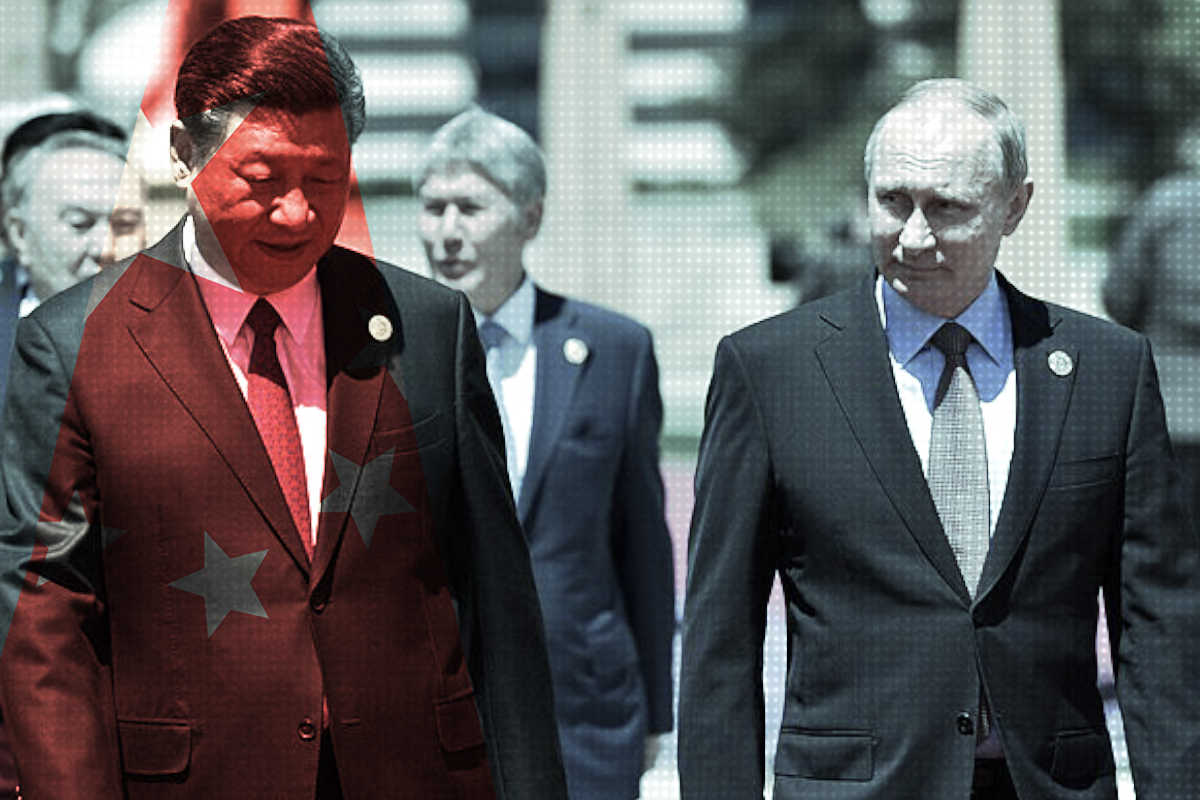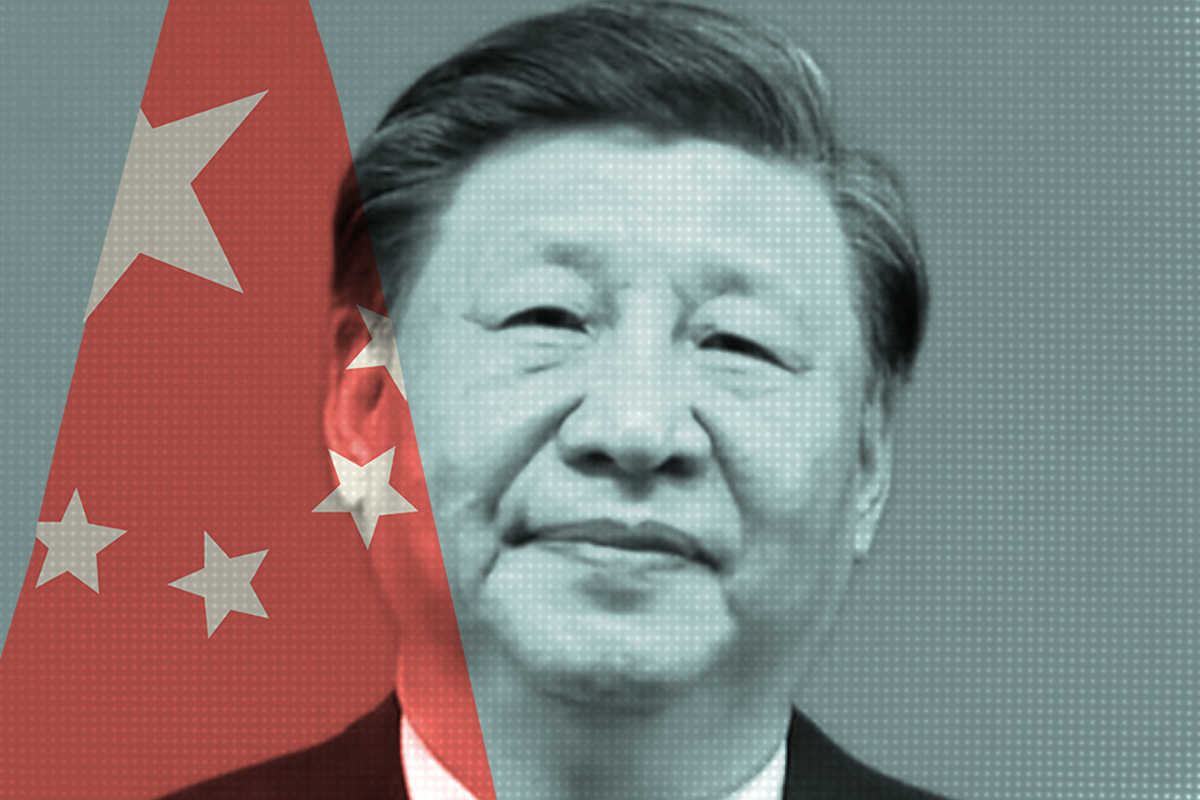November 20 [not included in previous almanac] — China’s primary broadcast overseer, the State Administration of Radio Film and Television (SARFT), announced it would tighten controls on so-called “legal programming” (法制节目) in China, a category that deals generally with programs showing law-enforcement activities such as police raids. Programs of this kind (resembling the “COPS” series in the United States) have grown rapidly in popularity in recent years. SARFT said regional “legal programming” had problems in 11 categories of behavior, including “leaking of secrets, violence and content of a sexual nature”. [Chinese coverage here].
November 21 — The resignation of top CCTV sports commentator Huang Jianxiang drew attention to the political workings of the state-run network. Rumors circulated in the media and on the Web said Huang had been forced to resign by an internal letter of criticism from a colleague at CCTV.
November 21 – China’s official People’s Daily reported the launch of the Communist Party’s annual “Three Points” program for indoctrination of young reporters and journalism students in the spirit of party journalism. The annual “Three Points” forums, which tour major cities in China, are designed to familiarize journalists with such concepts as the Marxist View of Journalism, “correct” public opinion guidance and other major party media policies. [Chinese coverage here].
November 23 — A prominent Chinese columnist for Southern Weekend, Dang Guoying (党国英), took the opportunity afforded by Chinese President Hu Jintao’s recent public praise of Vietnamese reforms at the APEC meetings in Hanoi to issue an understated challenge to the president to speed up political reforms in China. The editorial suggested that any leader of a large nation (such as China) who led the drive for political reform would ensure his place in history. Such use of a public statement from a political leader to safely write what might otherwise be regarded as too bold is called in Chinese jieti fahui (借题发挥), or, translated roughly, “using a current topic of conversation to put out one’s own ideas”. [Chinese article here].
November 24 — As two scandals in China’s entertainment industry topped the news in China, Southern Metropolis Daily turned in its editorial page from the more superficial aspects of the stories to ask what kind of action, if anything, would be taken to address serious issue lurking behind the news.
November 25 — Hong Kong’s Ta Kung Pao reported a record number of former propaganda officials taking up provincial party secretary appointments in China. The article, re-run in scores of Chinese newspapers, implied this new group of “news officials” pointed to a shift in central party appointments and said the officials were working to improve public relations for the regions they represented. CMP sources called the logic of the Ta Kung Pao report misplaced, and said it is not unusual to find officials with media or propaganda department backgrounds — notably, Bo Xilai (薄熙来), China’s current minister of commerce. [Chinese report here].




















